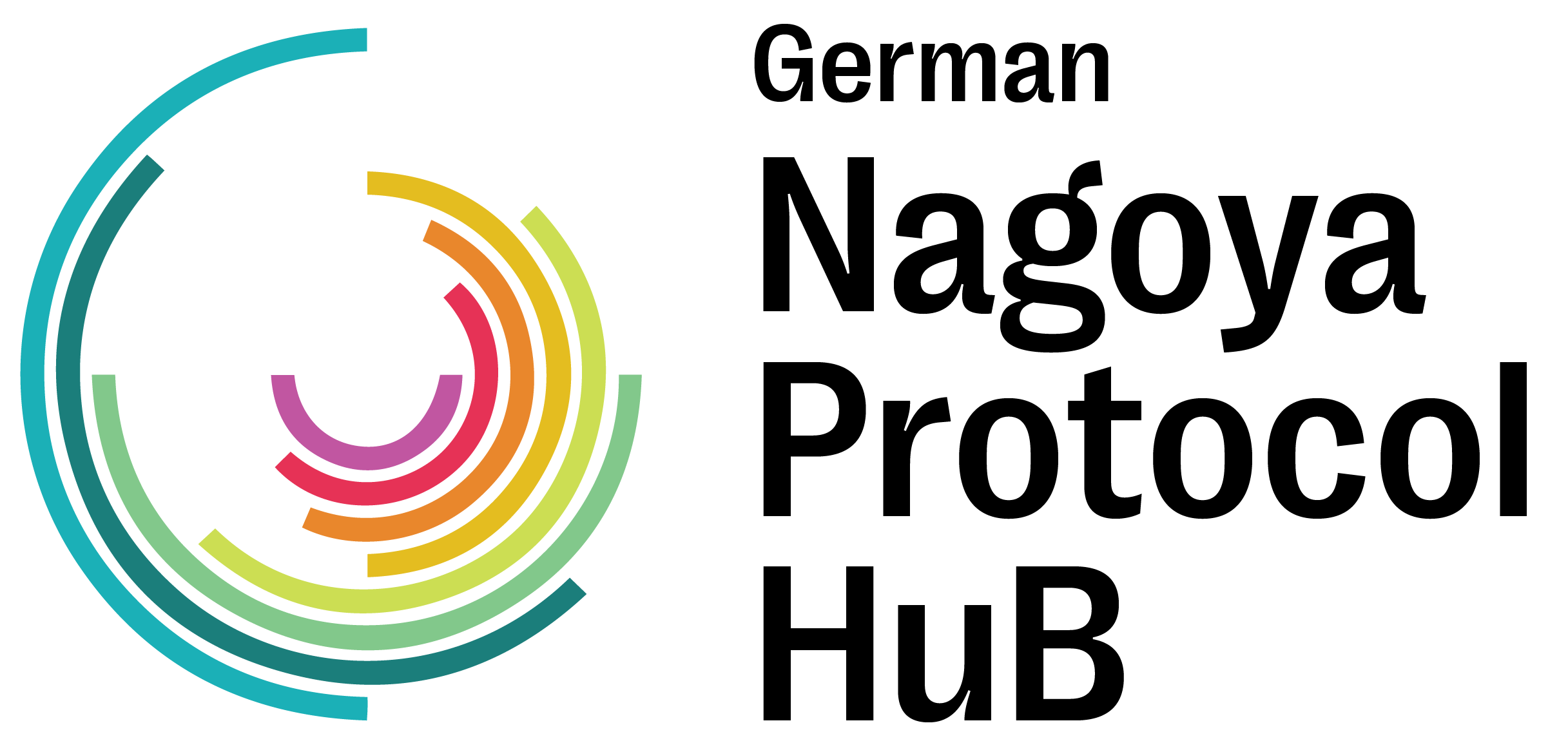A number of institutions in Germany have information on their websites about the Nagoya Protocol and have dedicated Compliance Officers or other staff who can help you with ABS.
Find the relevant person at your institution in the list below.
- Alfred Wegener Institute
- GEOMAR Helmholtz Centre for Ocean Research Kiel
- Heinrich Heine University Düsseldorf
- Julius Kühn-Institute
- Kiel University
- Leibniz Centre for Tropical Marine Research
- Leibniz Institute for the Analysis of Biodiversity Change
- Leibniz Institute for Natural Product Research and Infection Biology
- Leibniz Institute for Zoo and Wildlife Research
- Max Planck Institute of Animal Behavior
- Museum Koenig
- Senckenberg
- University of Bayreuth
- University of Bonn
- University of Bremen
- University of Greifswald
- University of Saarland
- Technical University of Munich
Website:
AWI has some information about the Nagoya Protocol on its website.
Contact:
Rebecca Aepfler
Website:
At GEOMAR, the Staff Unit Export Control & Customs coordinates all matters relating to the implementation of the Nagoya Protocol. The institute has information about the Nagoya Protocol and the necessary steps to ensure compliance with the EU ABS Regulation on the institute’s intranet.
Contact:
Dr. Jan Dierking
Nagoya Protocol Coordination
Website:
The University has a website with general information and further links.
Contact:
Nicolas Remkeit
Research contracts & Export control
Website:
Kiel University has a public website with information on the Nagoya Protocol and steps to follow for compliance with the EU ABS Regulation.
Contact:
Dr. Annika Engelhardt
Nagoya Protocol Compliance Officer
Website:
The Leibniz Centre for Tropical Marine Research has collected some information on the nagoya protocol on its website.
Contact:
Dr. Achim Meyer
Nagoya Compliance Advisor
Website:
The institue offers information about the Nagoya Protocol and helpful links on its website (in German).
Contact:
Dirk Neumann
Collection management/ Digitalisation
Contact:
Sina Gerbach
Biological Safety Officer
Kerstin Voigt
Nagoya Protocol Compliance Officer
Website:
The Max Planck Institute has useful information on its intranet page.
Contact:
Daniel Piechowski
Science Coordinator
Website:
The Museum’s website provides a short overview of the Nagoya Protocol and further links.
Contact:
Monique Hölting
Collection Manager
Website:
Senckenberg has useful information on its website about the Nagoya Protocol.
Website:
Bayreuth University offers some information about the Nagoya Protocol and links to the DFG guidelines on their website.
Contact:
Dr. Ursula Higgins
Head – Research Support Office
Website:
The university has a website with general information and useful links.
Contact:
Dr. Peter Michalik
Nagoya Protocol Compliance Officer
Website:
The University has a website with general information and a checklist for researchers.
Contact:
Dr. Melanie Hennchen
Nagoya Protocol Compliance Officer
Website:
The Technical University of Munich has a website for information about the Nagoya Protocol and how to handle genetic resources at the TUM. You can also find the emails of the ABS contact persons at TUM’s schools and further useful links.
Contact:
Dr. Olga Malets, TUM ForTe

